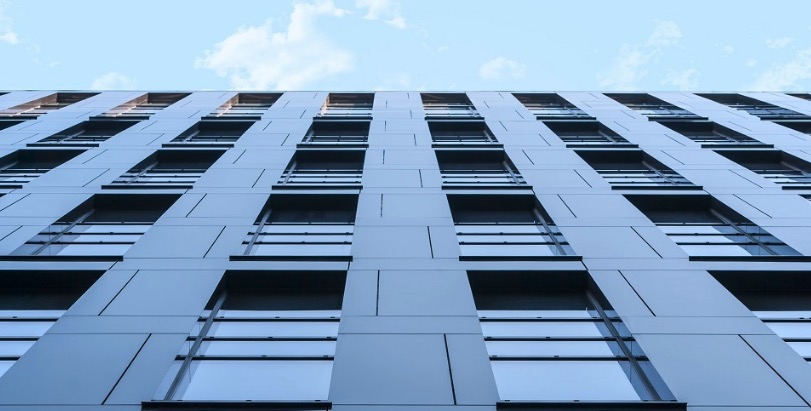Use of combustible cladding on high rise buildings in Wales is banned from today

The use of combustible cladding on the external walls of high rise buildings in Wales will be banned ffrom today.
The move comes following the Grenfell Tower fire in London in June 2017.
Following the fire, Dame Judith Hackitt’s independent Review of Building Regulations and Fire Safety, published in May 2018, made recommendations for significant changes in the treatment of high risk residential buildings of 10 storeys or more from their construction through to occupation.
As an immediate response to the report, Ministers made a commitment the Welsh Government would move to ban the use of combustible materials in cladding systems on high-rise residential buildings in Wales (18m or more).
The ban will apply to combustible cladding on all new residential buildings (flats, student accommodation and care homes) and hospitals over 18m in height. The ban covers the entire height of the building, and will apply to the complete wall assembly and certain attachments to the external wall, including balconies and solar panels.
The ban will also apply to existing buildings where relevant building work is being carried out which falls within the scope of the Building Regulations, unless the building works have started on-site or an initial notice, building notice or full plans have been deposited and work has started on site within a period of 8 weeks.
Welsh Government Housing Minister, Julie James said: “The fire at Grenfell Tower in London was a tragedy that will live long in the memories of so many of us in this country.”
“Our homes should be ‘the’ safest of places. The action I have taken today will help ensure we make people safer in their homes, and leaves no room for doubt as to what is suitable for use on external walls of relevant buildings 18m or more in height.”
“In Wales, we have a proud track record of achieving high standards of fire safety. We have a record low number of dwelling fires, and in 2016, we became the first country in the world to make it compulsory for all new and converted homes to have sprinklers installed.”
“But we know there is still much more we need to do to ensure that there is greater clarity across the life cycle of a building as to the roles and responsibilities of those designing, constructing and managing buildings. I intend to publish a White Paper in 2020 setting out the detail of my plans.”
Spotted something? Got a story? Email: [email protected]
Latest News
